
The state of plastics
Many Co-op owners and shoppers have shared their interest in reducing plastic usage in the store. From bioplastics, to compostable plastics to recycling options, the Ashland Food Co-op continues to research what works best as we move towards our goal of being a zero waste store. Here is where we stand.
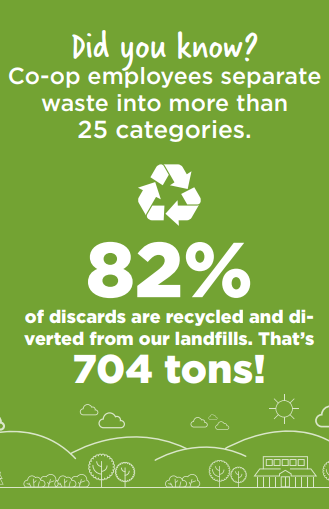
Right now, there is a trade-off in terms of food and plastic waste. Plastic is extraordinarily unique in its ability to preserve food and prevent spoilage and waste. But the trade-off is its very long lifespan.
Reducing plastic waste - by using alternative storage materials, or going package-free when possible - results in more food spoilage and waste, which can sometimes have a bigger ‘carbon footprint’ than plastic use alone.
The best way to summarize: as of March 2019, no perfect solution for plastic alternatives exist.
This isn't meant to make excuses for waste - as you may know, we already divert over 80% of our waste from the landfill. But it is important to know where things stand, and what some of the many decision-making factors are, that go into this debate about containers and plastic. Let’s break it down:
Bioplastics
Bioplastics often come from unsustainable sources - for example, monocropped GMO corn that could be used to feed people, or is grown on the other side of the country and requires a large carbon input to deliver.
As the name implies, bioplastics often have lifespans as long as petroleum plastics - they’re still plastic! The “end of life” assessment for bioplastics is not much better than petroleum plastics. For example, a single-use plastic fork made from GMO corn will still end up in the landfill.
Though there are recyclable and compostable bioplastics, they often require specialized machinery at waste disposal sites to be broken down. Our region does not currently have that infrastructure, and the additional carbon footprint to ship these materials elsewhere can quickly outweigh the ‘bio’ benefits.
The Co-op continues to explore options in this area: more readily compostable bioplastic bags are hitting the market which we will continue to test.
Alternatives to plastic
AFC has brought in cardboard packaging for some produce, like cherry tomatoes and strawberries. And yes, they are completely recyclable!
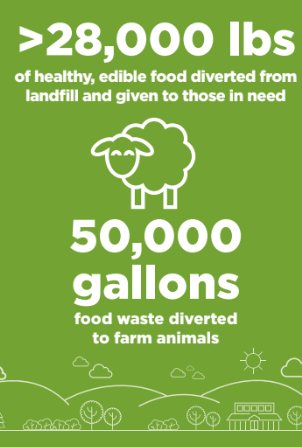
However, it can be difficult for customers to visually connect with the product - can you tell how juicy and ripe those strawberries are through the cardboard? Without that visual connection, a shopper may be hesitant to buy the product, inadvertently leading to more food waste (because the product stays on the shelf longer).
Cardboard also leads to more spoilage because of the lack of light and its ability to carry moisture (leading to molding).
Is generating more food waste an acceptable trade-off to having recyclable and compostable packaging? This is another instance where analyzing production inputs and requirements, instead of just ‘end-of-life’ issues for packaging, gives a better idea of the sustainability of a packaging type.
Plastics recycling
Many plastics are no longer being accepted by local waste management services. Generally, white, rigid plastics (example: yogurt containers) are still being recycled; clear, non-rigid plastics (soda bottles, salsa containers) are not. So buy smart!
Clamshells are a common area of concern. The Co-op is very lucky to be able to recycle plastic clamshells from products that were purchased at AFC. You can bring those clamshells back into the store for recycling. Even better, this recycling is more carbon neutral because the clamshells hitch a ride back to Eugene on existing truck routes (rather than a one-off transit run).
If you're purchasing greens, you can also bring your own container to fill from the bulk spinach and baby greens bins. Alternatively, OrganicGirl salad clamshells are made of 100% recycled plastic.
Our commitment
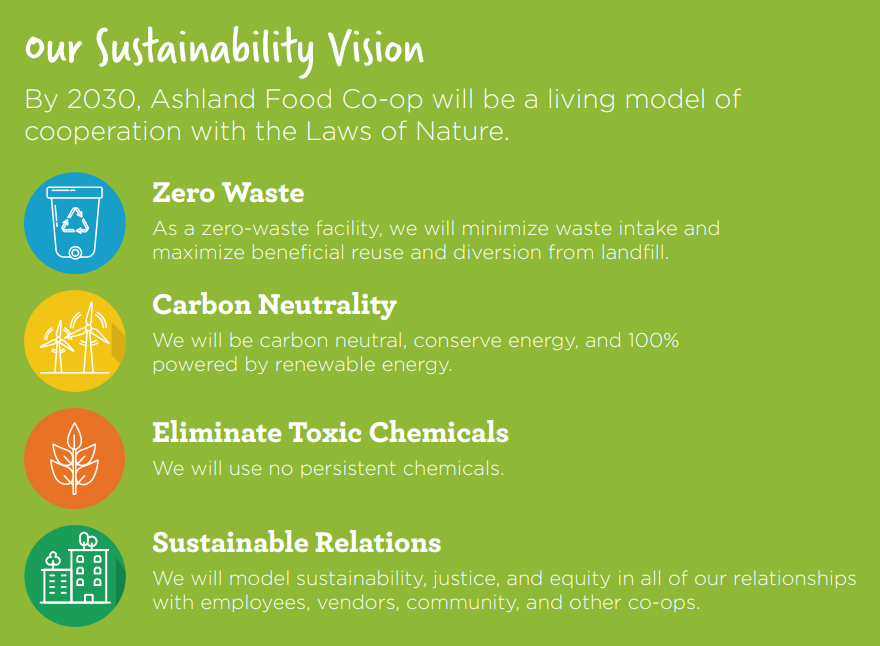
It’s easy to see that with the options available right now, there’s always a trade-off. In our own store and through the National Co-op Grocers network, we continue to look for a solution that is not petroleum-based, non-GMO, and that can be recycled or composted fully. When that solution arrives, we will be ready!
Right now, you should aim to reduce your overall plastic consumption when making purchasing decisions; choose reusable packaging when you do have to purchase plastic (clear salsa packages make great storage for leftovers); and choose recyclable plastic (white plastic and clamshells) if you think you’ll only get one use out of the packaging.
For some additional reading on the topic of plastics and packaging, check out this report put together by the Oregon Department of Environmental Quality.
More Co-op News
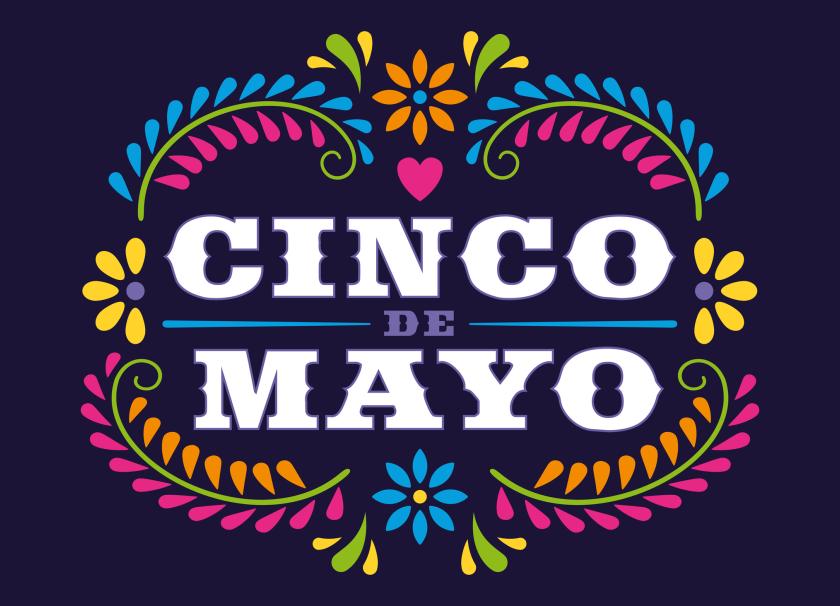
A Closer Look at Cinco de Mayo
Cinco de Mayo has become synonymous with festivities and delicious Mexican cuisine (and who doesn’t love both of those things?). At the Ashland Food Co-op, it's important for us to approach this celebration mindfully and with a cultural understanding.
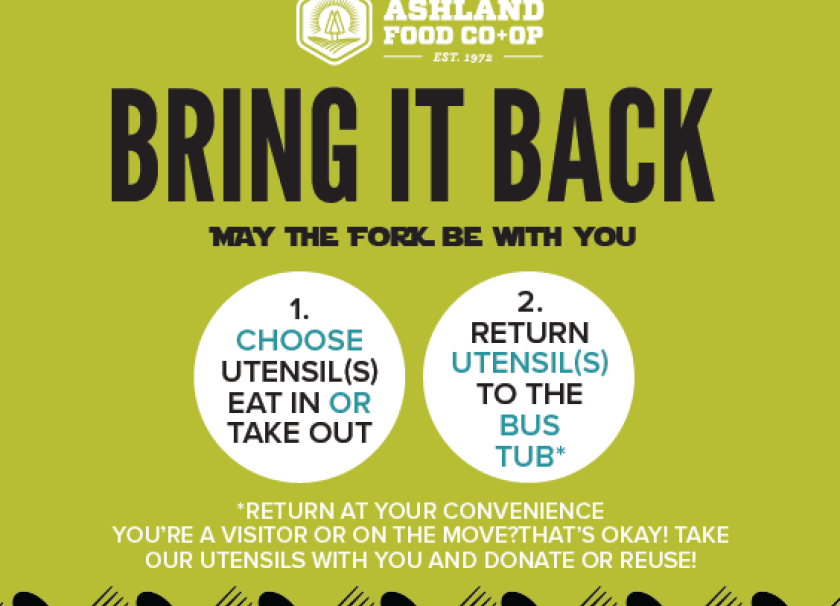

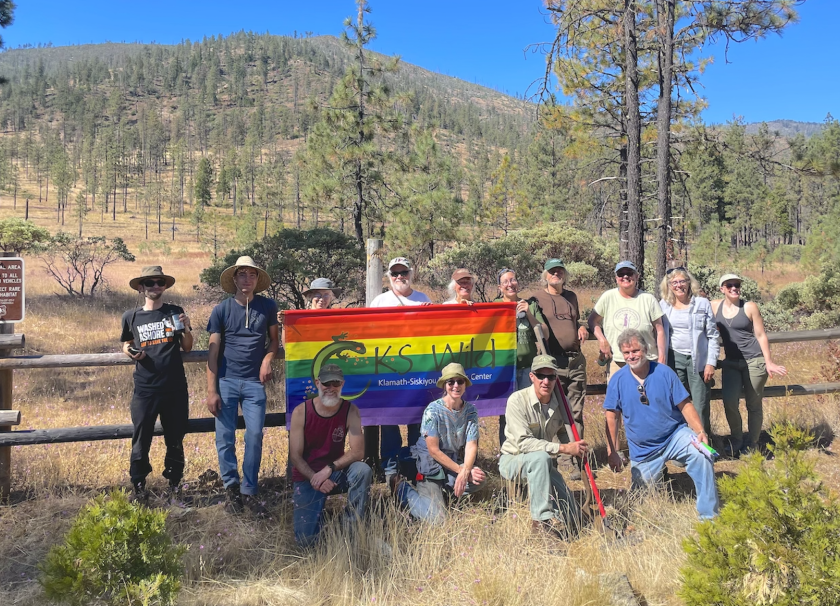
March Change for Good: KS Wild
As we step into March, we are thrilled to introduce our Change for Good partner – KS Wild, an organization dedicated to preserving the breathtaking landscapes of Southern Oregon. At the heart of our community lies a shared commitment to sustainability and environmental stewardship, making KS Wild the perfect ally in our ongoing quest for positive change.
What is KS Wild?
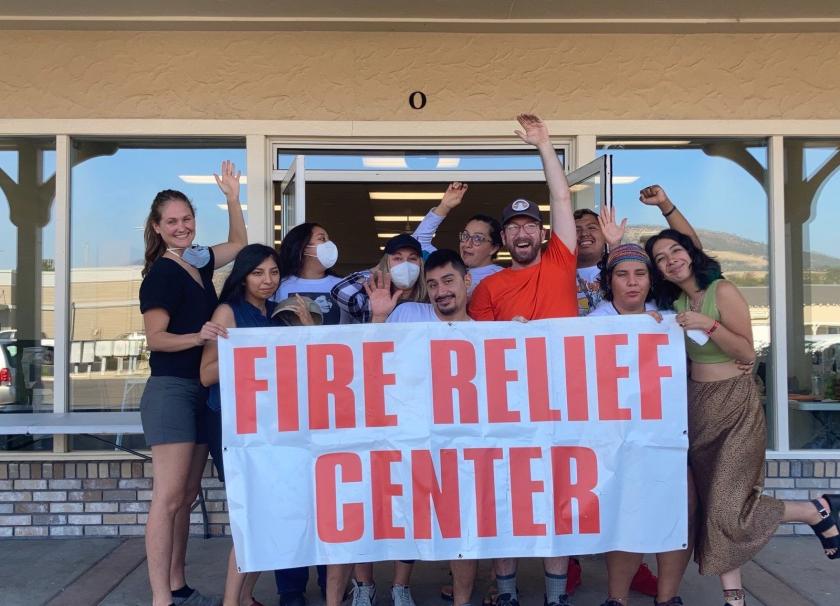
February Change for Good Partner: Rogue Climate
As we navigate the challenges posed by climate change, it becomes increasingly vital to support organizations dedicated to creating positive environmental impacts. This February, Ashland Food Co-op proudly introduces Rogue Climate as its Change for Good partner. Join us in supporting their mission to empower Southern Oregon communities most affected by climate change.
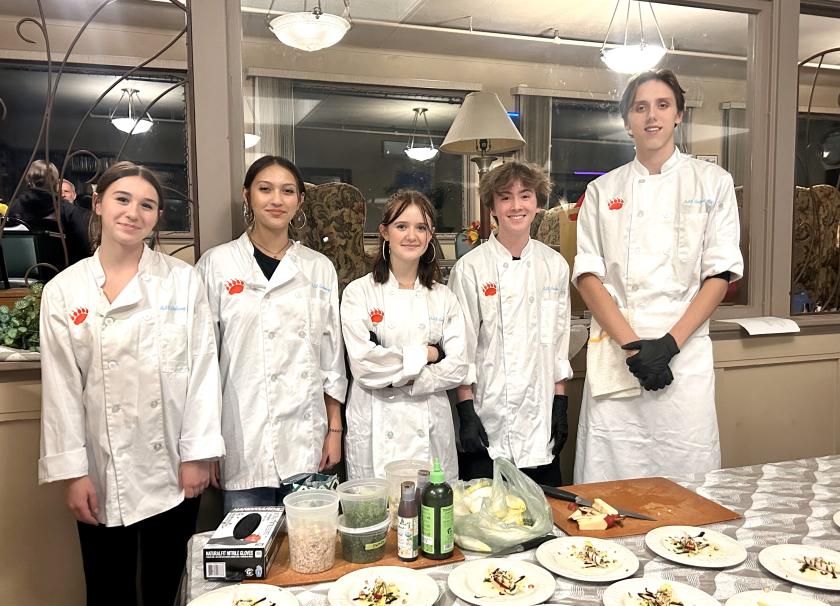
January Change for Good: AHS Culinary Arts Program
Hey Co-op community!
As we step into the new year, the Ashland Food Co-op is excited to continue our Change for Good program, and for January 2024, we're shining a spotlight on a program that's close to our hearts (and our stomachs) - the Ashland High School Culinary Arts Program.
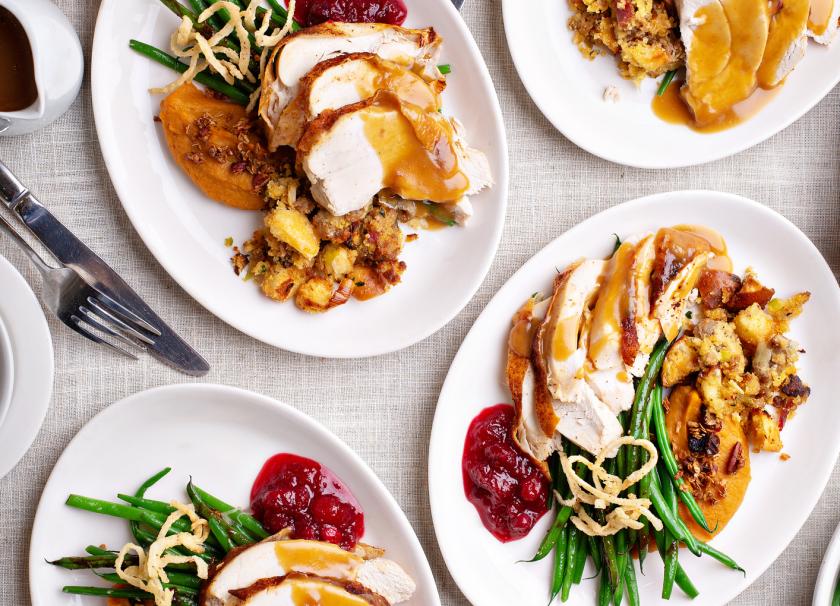
No Hassle Holiday - Thanksgiving Dinner from the Co-op!
This Thanksgiving, let us take the hassle out of your holiday feast preparation!
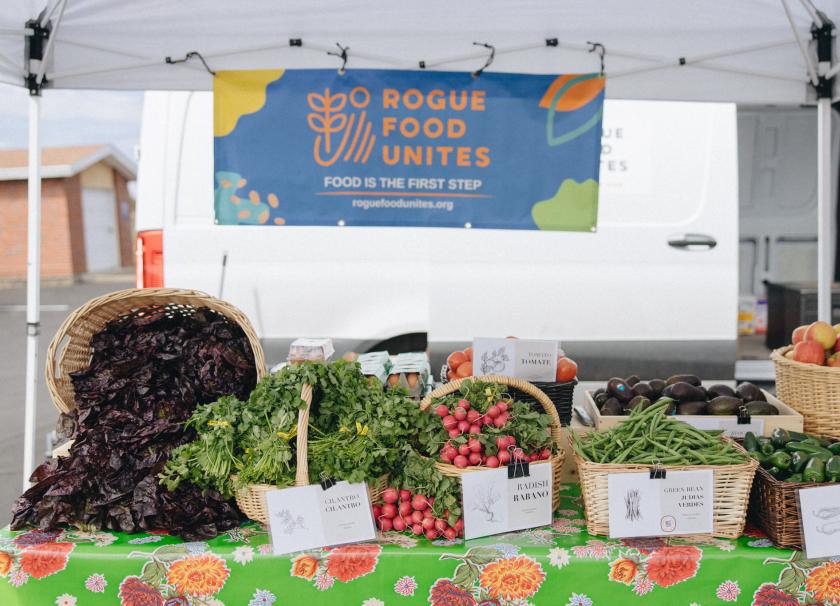
November Change for Good: Rogue Food Unites
Say hello to our November Change for Good partner - Rogue Food Unites!
Rogue Food Unites (RFU) uses food to heal individuals and communities during times of crisis. RFU was formed in 2020 out of the dual disasters of the Almeda and Obenchain fires and the impacts of COVID-19 on local communities. Within a short time, RFU began contracting with the State of Oregon to supply hot meals, food boxes, and solidarity cards in Deschutes, Douglas, Klamath, Josephine, and Jackson Counties.
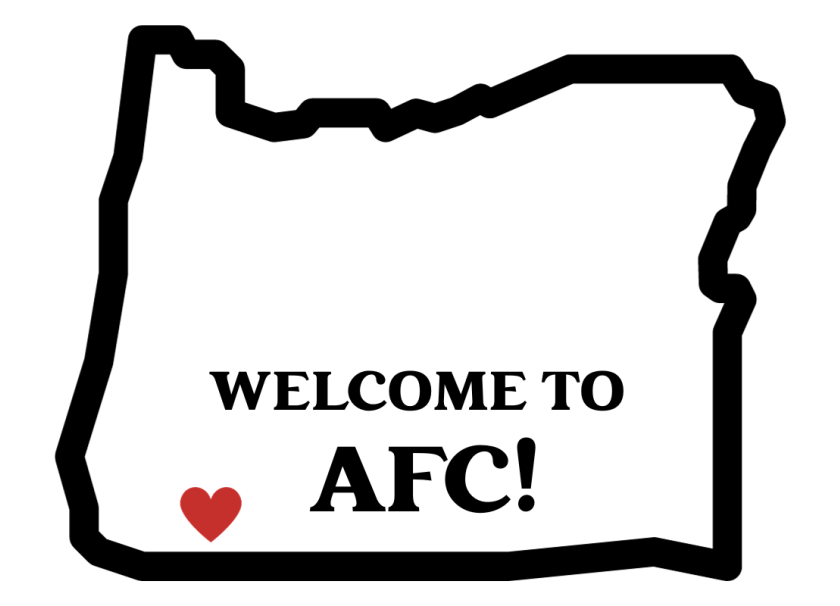
Meet Nick Hardee, AFC's new GM!
The Co-op Board of Directors and staff are thrilled to welcome Nick Hardee as the new General Manager of the Ashland Food Co-op! We asked Nick to share a little bit about himself so we'll get right to it!
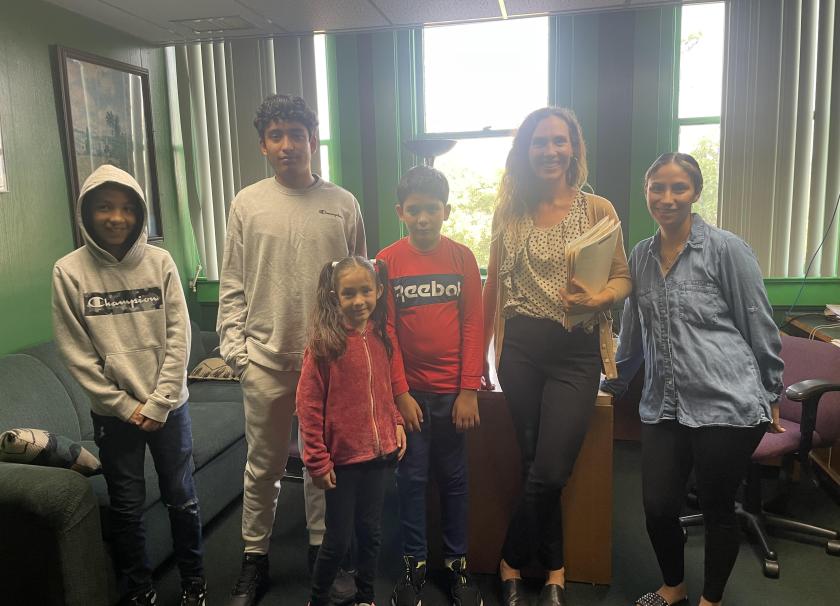
October Change for Good: Center for Non-Profit Legal Services
This October, the Ashland Food Co-op is proud to partner with the Center for Non-Profit Legal Services (CNPLS) for our Change for Good program. All month long, shoppers can round up their purchases to support CNPLS and their mission to provide access to justice.
CNPLS is a non-profit legal aid firm serving low-income and vulnerable community members in Ashland and surrounding areas. Their team of dedicated lawyers and volunteers work to ensure everyone has access to legal help, regardless of their ability to pay.
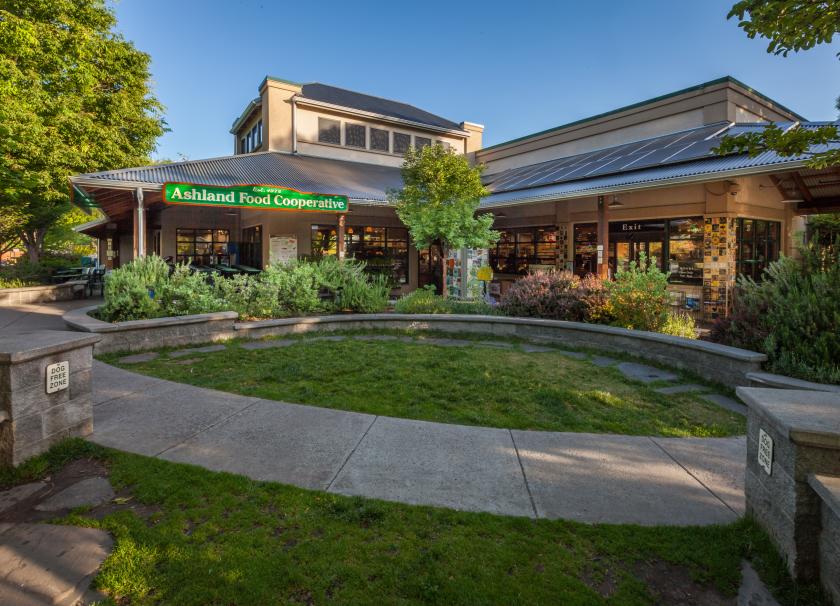
It's Co-op Month!
OK, you've got us, every month is Co-op Month here at AFC! But every October since 1964, cooperatives of all kinds have celebrated the cooperative difference. Here at the Ashland Food Co-op, we're excited to recognize the history, benefits, and principles behind our own co-op.

September Change for Good: AFC Community Fund
As we enter the beautiful month of September here in Southern Oregon, we're excited to share that our Change for Good partner this month is our very own Community Fund. As many of you know, the Community Fund allows us to support amazing local projects and organizations doing great work right here in Southern Oregon.
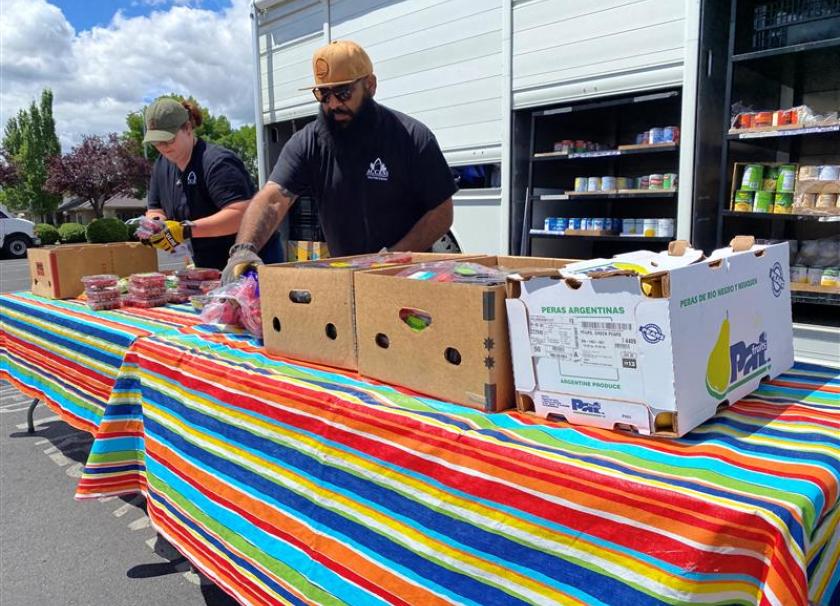
August Change for Good - Partnering with ACCESS to Make a Difference!
We are honored to partner with ACCESS this August - a fantastic organization that has been serving our community for over four decades. ACCESS, which stands for "A Community in Action, Connecting, Empowering, and Strengthening Self-Sufficiency," is dedicated to addressing hunger, homelessness, and poverty in Southern Oregon.

Empowering Our Community: AFC's Community Grants Now Accepting Applications
As part of our ongoing commitment to supporting the local community, AFC is thrilled to announce the that we are accepting applications for our Community Grants program.
Ashland Food Co-op's Community Grants program is designed to foster meaningful change in the Southern Oregon region. Through these grants, we seek to support projects that align with our mission of promoting local and sustainable food systems, addressing food insecurity, and promoting community engagement.

July's Change for Good Partner - Maslow Project
Ashland Food Co-op is thrilled to partner with Maslow Project for our Change for Good program! Maslow Project is an incredible organization that works tirelessly to support homeless youth and families in Southern Oregon. Their mission is to empower individuals and families to achieve self-sufficiency, and they do this through a range of services including housing assistance, medical care, and educational support.
